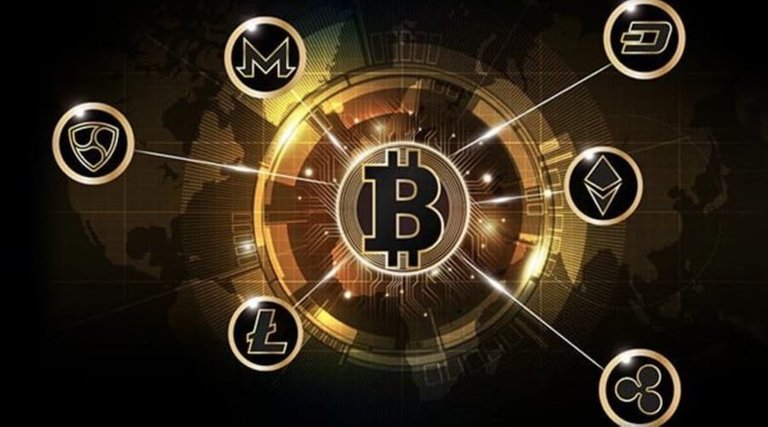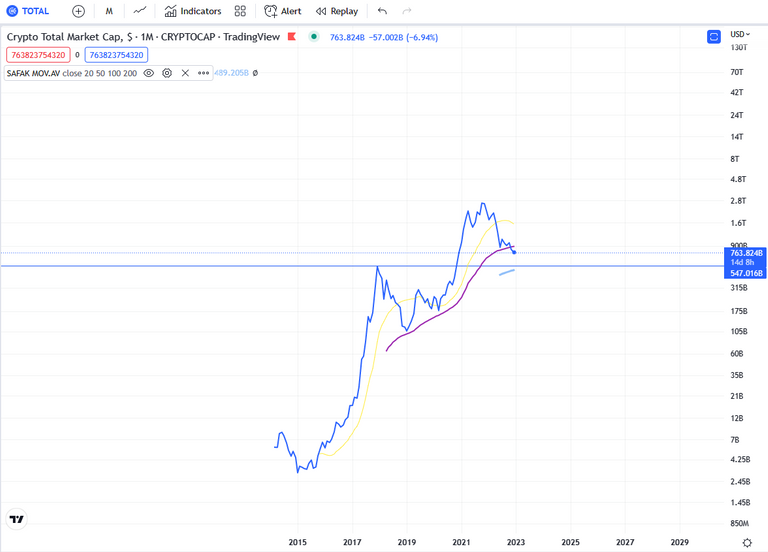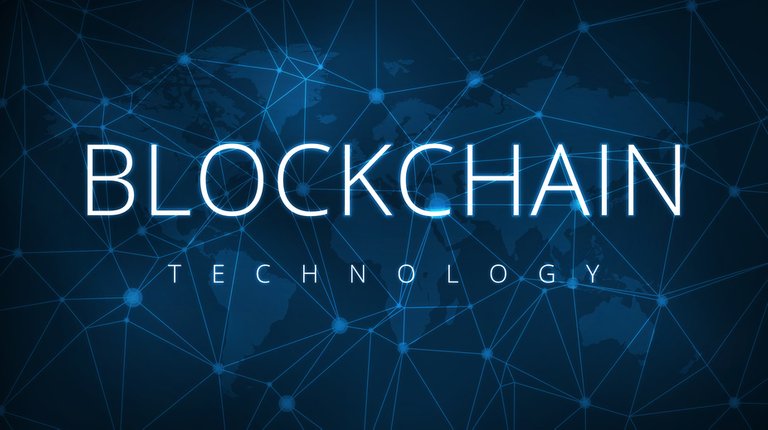Blockchain is a decentralized, digital ledger that records transactions on multiple computers in a way that makes it difficult to alter or delete. It is often referred to as a distributed ledger technology, because it is shared and maintained by a network of computers, rather than being stored in a single location.
One of the main advantages of blockchain technology is that it is secure and transparent. Transactions are recorded in blocks, which are linked together in a chain. Each block contains a unique code, called a "hash," that identifies it and links it to the previous block in the chain. This makes it difficult for anyone to alter the information in a block, because doing so would require changing the hash of that block and all of the subsequent blocks in the chain.
Another advantage of blockchain is that it is decentralized, meaning it is not controlled by a single entity. Instead, it is maintained by a network of computers, which work together to validate and record transactions. This makes it resistant to censorship or tampering, as there is no central authority that can block or alter transactions.
Blockchain technology has the potential to revolutionize a wide range of industries, from finance and banking to supply chain management and even voting systems. In the financial industry, for example, blockchain can be used to securely and efficiently transfer funds, without the need for intermediaries like banks. It can also be used to create smart contracts, which are self-executing contracts with the terms of the agreement between buyer and seller being directly written into lines of code.
In the supply chain industry, blockchain can be used to track the movement of goods and ensure that they are being handled ethically and sustainably. It can also be used to verify the authenticity of products, such as luxury goods or pharmaceuticals, to prevent counterfeiting.
While there are many potential uses for blockchain technology, it is not without its challenges. One of the main challenges is scalability, as the network can only process a limited number of transactions per second. There is also the issue of regulation, as governments and regulatory bodies are still trying to figure out how to best oversee the use of blockchain.
Bitcoin and Altcoins

img
Bitcoin is a digital currency that uses cryptography for security and is decentralized, meaning it is not controlled by a central authority like a bank or government. It was created in 2009 by an anonymous individual or group of individuals known as Satoshi Nakamoto.
Bitcoin is based on a decentralized ledger technology called blockchain, which allows it to be transferred and verified without the need for intermediaries. It is decentralized, meaning it is not controlled by any single entity, but rather is maintained by a network of computers working together to validate and record transactions.
Bitcoin has gained a lot of attention and has become a popular investment option, due to its potential for high returns and its decentralized nature. However, it is also highly volatile and has been subject to numerous scams and hacks.
Altcoins, or "alternative coins," are other cryptocurrencies that were created after the success of bitcoin. There are now thousands of altcoins, each with its own unique features and purpose. Some popular altcoins include Ethereum, which is used to create smart contracts and decentralized applications, and Litecoin, which was designed to be faster and more efficient than bitcoin.
Altcoins can offer different features and benefits compared to bitcoin, such as faster transaction speeds, lower fees, and different use cases. However, they also come with their own risks and challenges, such as the possibility of scams and the potential for high volatility.
Investing in bitcoin and altcoins can be risky, as the value of these cryptocurrencies is highly volatile and can fluctuate significantly over short periods of time. It is important for investors to do their own research and carefully consider the risks before investing.
In conclusion, bitcoin is a decentralized digital currency that uses blockchain technology for security. It has gained a lot of attention and has become a popular investment option, but it is also highly volatile and has been subject to numerous scams and hacks. Altcoins are other cryptocurrencies that offer different features and benefits compared to bitcoin, but also come with their own risks and challenges. It is important for investors to carefully consider the risks before investing in bitcoin or altcoins.
My Expectation About Cryptocurrency Industry (nfa)

We have been facing a falling cryptocurrency market for a long time. The decline in the cryptocurrency market will not end without touching the 100-month moving average, according to my guess. The decline may continue until the last quarter of 2023. I think that in 2024, bitcoin will continue to break new records with rapid rises after halving. Nothing I write is investment advice.
Posted Using LeoFinance Beta

Congratulations @sveydi! You received a personal badge!
You can view your badges on your board and compare yourself to others in the Ranking
Check out our last posts:
Support the HiveBuzz project. Vote for our proposal!
Agree that we will probably see another year before we rise again but in my view it will be rather sideways than going further down another year. Market as a whole I mean.